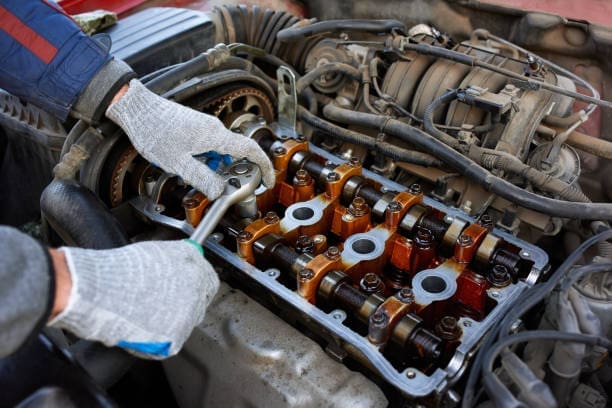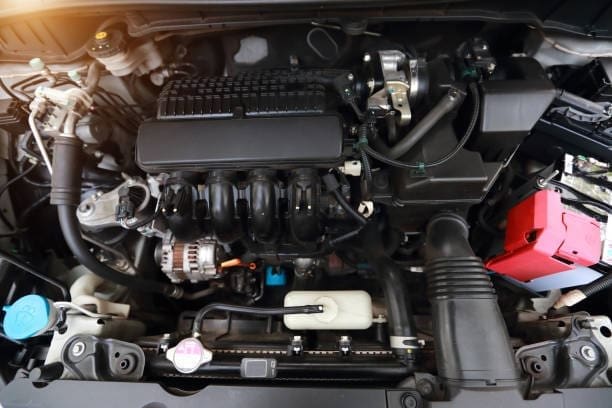What is Engine Remapping, also known as ECU (Engine Control Unit) remapping or chip tuning, is a popular modification among car enthusiasts and performance seekers. This process involves altering the software within a vehicle’s ECU to enhance its performance, efficiency, and driving characteristics. Here’s a comprehensive guide to understanding engine remapping:
Understanding Engine Remapping
Table of Contents
Toggle
Engine remapping involves reprogramming the ECU, which is the computer that controls various aspects of the engine’s operation. The ECU manages parameters such as fuel injection, ignition timing, turbo boost, and more. By modifying the software that governs these functions, remapping can optimize engine performance and improve the driving experience.
How Does Engine Remapping Work?
- Diagnosis and Preparation: The process begins with a diagnostic check to ensure that the engine and ECU are in good condition. This step helps identify any existing issues that could affect the remapping process.
- ECU Data Reading: The existing data and software from the ECU are read and saved. This data includes the factory settings and parameters that control engine performance.
- Modification of Software: Using specialized software and tools, the ECU’s software is modified to adjust engine parameters. These adjustments are made based on the desired outcomes, such as increased power, better fuel efficiency, or improved throttle response.
- ECU Reprogramming: The modified software is then uploaded to the ECU. This step overwrites the factory settings with the new parameters.
- Testing and Calibration: After the remapping is complete, the vehicle is tested to ensure that the new settings are functioning correctly and that the engine operates smoothly. Fine-tuning may be required to optimize performance.
Benefits of Engine Remapping
- Increased Power and Torque: One of the primary reasons for remapping is to boost engine power and torque. Enhanced power can lead to better acceleration and overall performance.
- Improved Fuel Efficiency: Remapping can optimize fuel injection and combustion, potentially improving fuel efficiency and reducing fuel consumption.
- Enhanced Throttle Response: Adjusting the throttle response can make the vehicle feel more responsive and agile, providing a more engaging driving experience.
- Refined Driving Dynamics: For performance cars, remapping can fine-tune various aspects of engine performance to enhance handling and driving dynamics.
Considerations and Risks
- Warranty Impact: Remapping can void the manufacturer’s warranty. It’s important to check the warranty terms before proceeding with any modifications.
- Engine Wear: Aggressive remapping can increase engine stress, potentially leading to premature wear or reliability issues. Ensuring that the remap is well-calibrated is crucial to avoid damage.
- Compatibility: Not all vehicles are suitable for remapping. It’s essential to use a service provider with experience specific to your vehicle’s make and model.
- Emissions Compliance: Remapping can affect emissions. Ensure that any modifications comply with local emissions regulations to avoid legal issues.
Cost of Engine Remapping

The cost of engine remapping varies based on several factors:
- Vehicle Make and Model: The complexity of the ECU and the vehicle’s specifications can impact the cost. Typically, remapping costs range from $300 to $1,000.
- Service Provider: Reputable providers with advanced tools and experienced technicians may charge more. It’s important to choose a provider with a good reputation.
- Type of Remap: Basic remaps are usually less expensive, while custom or performance-oriented remaps that involve extensive modifications can be more costly.
Conclusion
Engine remapping is a powerful tool for enhancing vehicle performance, fuel efficiency, and driving dynamics. By understanding how the process works, its benefits, and potential risks, you can make an informed decision about whether remapping is right for you. Always choose a reputable service provider to ensure a successful remap and to address any concerns related to your vehicle’s warranty, engine wear, and emissions compliance.



